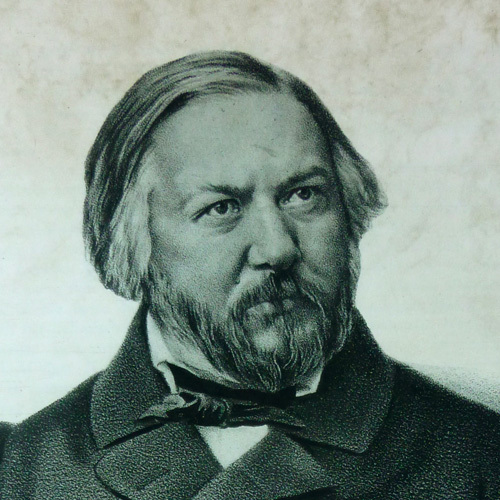
You have no items in your cart


Mikhail Glinka, born on June 1, 1804, in Novospasskoye, Russia, is often regarded as the father of Russian classical music. He came from a noble family and received a cosmopolitan education, spending time in Italy, Germany, and France.
Glinka's musical talent became evident early on, and he drew inspiration from Russian folk music, which would later influence his compositions. In 1836, he embarked on a journey to Spain and the East, an experience that greatly impacted his musical style.
His opera "A Life for the Tsar" (1836) marked a significant milestone in Russian music, blending Western techniques with Russian themes. Glinka continued to contribute to the Russian operatic tradition with works like "Ruslan and Ludmila" (1842), demonstrating his ability to infuse nationalistic elements into his compositions.
Although Glinka's output was relatively modest, his influence on subsequent Russian composers was profound. His emphasis on incorporating Russian folk elements and creating a distinctive national musical identity laid the foundation for the Russian classical music tradition.
Mikhail Glinka passed away on February 15, 1857, in Berlin. Despite his relatively short life, his legacy endures, and he is celebrated for his pivotal role in shaping Russian classical music during the 19th century.